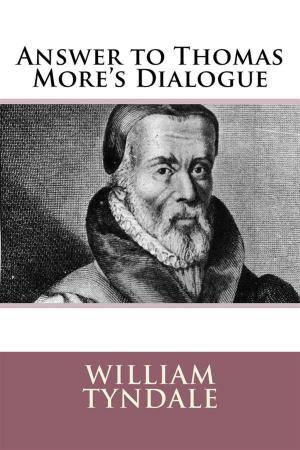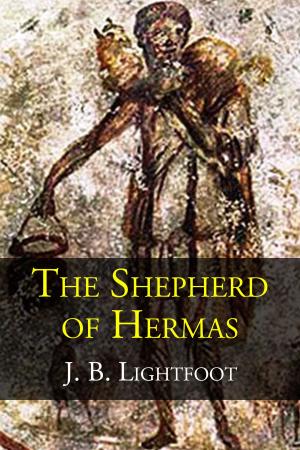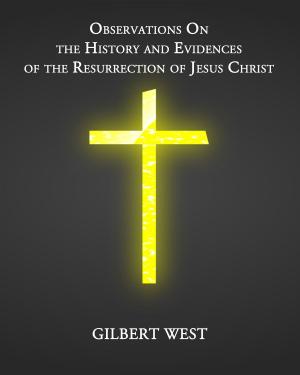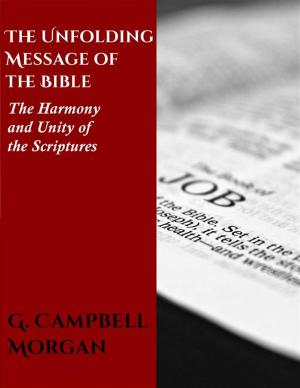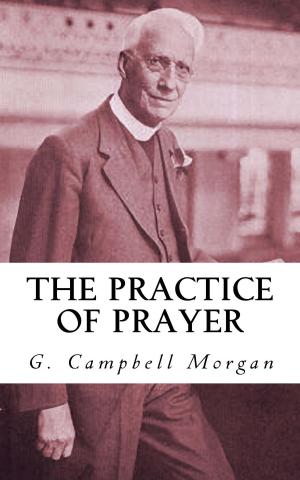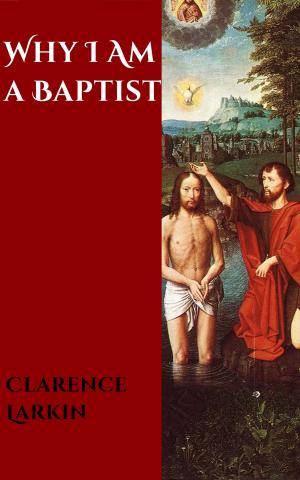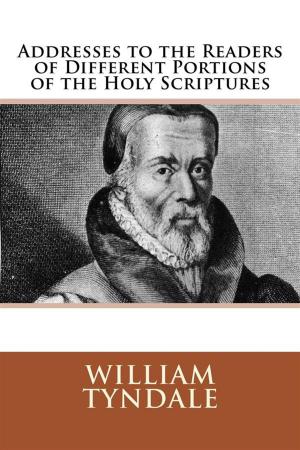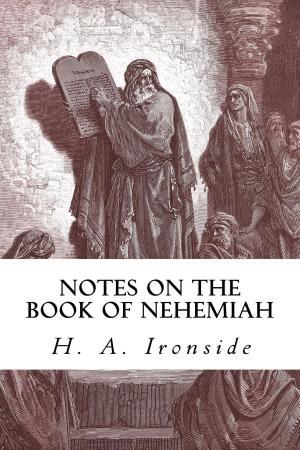The True Estimate of Life and How to Live
Nonfiction, Religion & Spirituality, Inspiration & Meditation, Christianity, Christian Life| Author: | G. Campbell Morgan | ISBN: | 9788829542758 |
| Publisher: | CrossReach Publications | Publication: | September 4, 2018 |
| Imprint: | Language: | English |
| Author: | G. Campbell Morgan |
| ISBN: | 9788829542758 |
| Publisher: | CrossReach Publications |
| Publication: | September 4, 2018 |
| Imprint: | |
| Language: | English |
In the history of the Christian church perhaps no man, upon whom the eyes of the world have been fixed, has so wondrously fulfilled in character and conduct the ideal of Christianity as did the Apostle Paul. Most of us will agree that he realized more fully than any man of his own time the purposes of God as revealed in Jesus Christ. His life and teaching have revealed the meaning and Christianity in a way accomplished by no other life or teaching. It is very interesting in his letter to the Philippians, one of his later epistles, to find him writing of himself, and yet of himself principally in the new life, which he had then been living for about three and thirty years. He writes with human tenderness, of human sensibilities, and human thoughts, while yet upon all there rests the light of the divine, and through all there is manifested the power that has taken possession of him.
In this epistle, written to his children in the faith at Philippi, it is very evident that he writes under the stress of circumstances. Not that circumstances are causing him one moment’s anxiety, but they are such as to compel him to face the alternative possibilities which lie just ahead of him. It is while in this condition that he writes this letter and condenses into one swift burning sentence an epitome of Christianity as he has realized it: “To me to live is Christ.”
To this man, all the marvelous unfoldings of the doctrine and scheme of redemption can be condensed and expressed in the simplest of words. He tells the whole story of his own experience of Christianity when he writes, “To me to live is Christ” (Phil. 1:21). To him Christianity is Christ.
CrossReach Publications
In the history of the Christian church perhaps no man, upon whom the eyes of the world have been fixed, has so wondrously fulfilled in character and conduct the ideal of Christianity as did the Apostle Paul. Most of us will agree that he realized more fully than any man of his own time the purposes of God as revealed in Jesus Christ. His life and teaching have revealed the meaning and Christianity in a way accomplished by no other life or teaching. It is very interesting in his letter to the Philippians, one of his later epistles, to find him writing of himself, and yet of himself principally in the new life, which he had then been living for about three and thirty years. He writes with human tenderness, of human sensibilities, and human thoughts, while yet upon all there rests the light of the divine, and through all there is manifested the power that has taken possession of him.
In this epistle, written to his children in the faith at Philippi, it is very evident that he writes under the stress of circumstances. Not that circumstances are causing him one moment’s anxiety, but they are such as to compel him to face the alternative possibilities which lie just ahead of him. It is while in this condition that he writes this letter and condenses into one swift burning sentence an epitome of Christianity as he has realized it: “To me to live is Christ.”
To this man, all the marvelous unfoldings of the doctrine and scheme of redemption can be condensed and expressed in the simplest of words. He tells the whole story of his own experience of Christianity when he writes, “To me to live is Christ” (Phil. 1:21). To him Christianity is Christ.
CrossReach Publications

